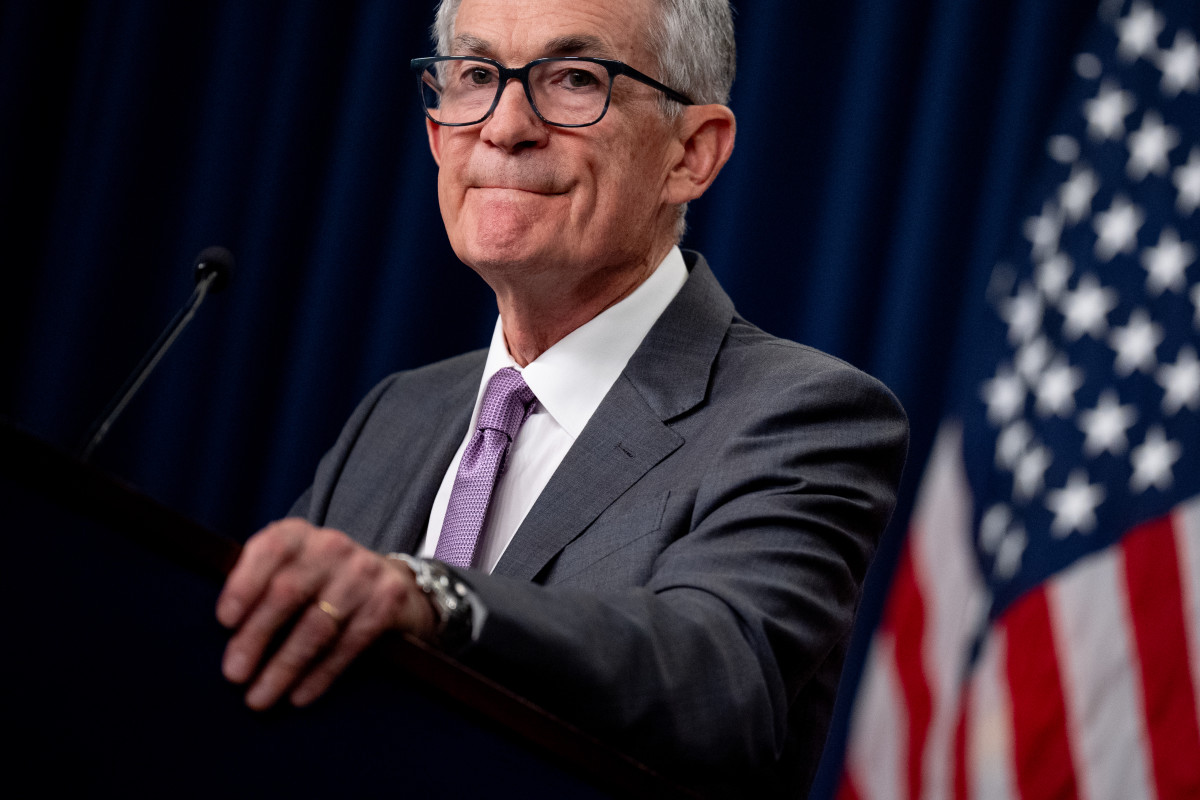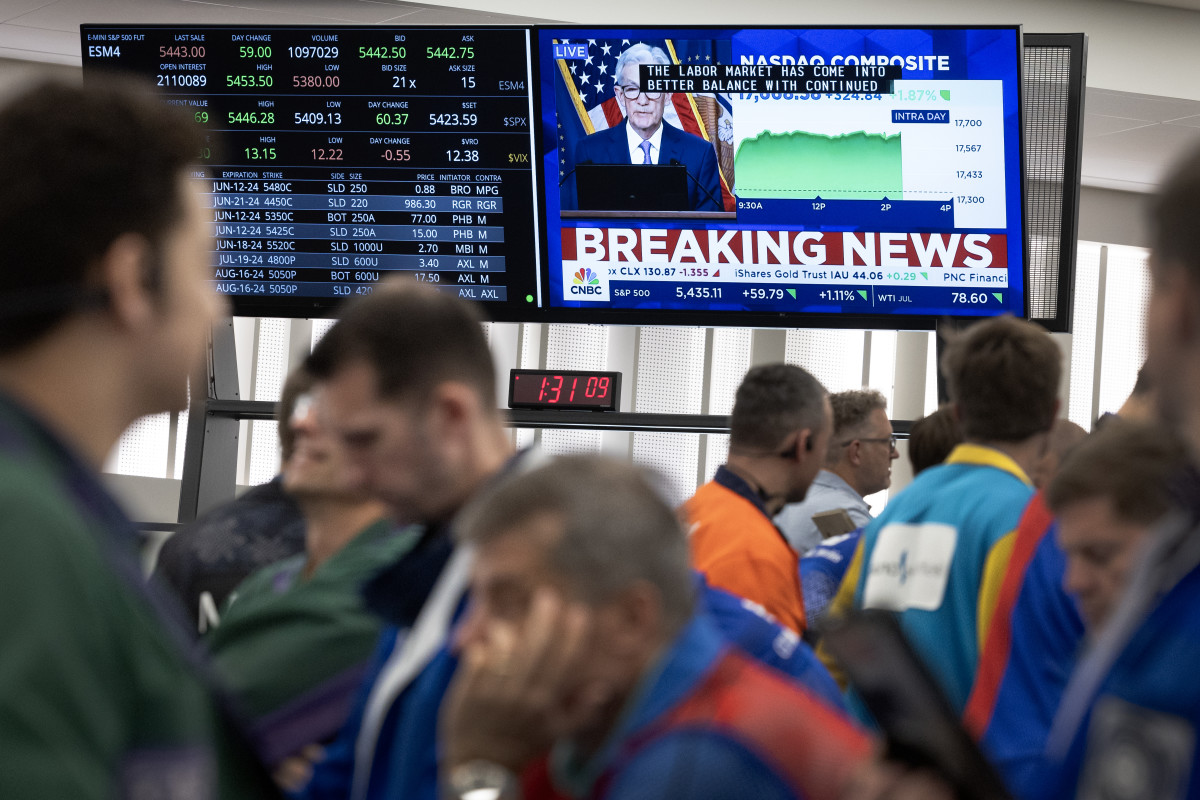
The Federal Reserve's preferred measure of inflation edged higher in August, data indicated Friday, but the overall reading showed moderating pressures heading into the autumn months, adding to bets on more Federal Reserve rate cuts over the final months of the year.
The Bureau of Economic Analysis' PCE Price Index report showed that core prices rose at an annual rate of 2.7% last month, just ahead of July's reading of 2.6% and matching Wall Street's forecast.
Core pressures, which strip away volatile food and energy prices, were up 0.1% on the month, compared to July's 0.2% gain and Wall Street's consensus estimate of 0.2%.
Related: Stock Market Today: Stocks higher on muted PCE inflation data
Markets focus on the core PCE inflation reading, which the Fed considers a more accurate representation of overall price pressures, as it incorporates changes in consumer spending patterns.
The BEA's headline PCE inflation index eased to an annual rate of 2.2%, just inside Wall Street's 2.3% forecast and down from the 2.5% pace recorded in July. Prices were up 0.1% on the month, the BEA said, following a 0.2% reading in July.
Sign up for TheStreet's free daily newsletter.
The BEA also noted that personal incomes for August rose 0.2%, down from the revised 0.3% pace in July, reflecting some softness in the labor market. Spending slowed to a 0.1% rise compared with the 0.5% gain over the previous month.
"The data shows that inflation continues to moderate, which allows the Fed to focus on risks to employment and continue easing rates," said Sonu Varghese, global macro strategist at Carson Group. "The GDP and GDI revisions also showed that income and investment were higher than originally reported, and the U.S. economy has had a much stronger post-pandemic recovery than we initially thought."

U.S. stocks tock futures nudged higher following the inflation data release, with the S&P 500 rising 8 points, or 0.14% in mid-day trading and the Dow Jones Industrial Average rising 443 points. The Nasdaq was marked 35 points lower.
Benchmark 10-year note yields slipped 4 basis points to 3.752% following the data release, while 2-year notes eased 5 basis points to 3.586%.
The U.S. dollar index tracks the greenback against a basket of six global currencies. It was marked 0.22% lower at 100.295.
Related: Here's why stocks are soaring and the surprise autumn rally has room to run
Earlier this month, the Commerce Department's CPI inflation report showed headline pressures falling to 2.5% in August, the lowest since February 2021. However, it noted that core inflation held at 3.2%, with a modest nudge higher in the monthly reading.
Since then, weekly jobless claims data have surprised to the upside, suggesting a firmer-than-expected labor market that is being buttressed by surprising solid GDP growth heading into the final days of the third quarter.
That's led to concerns of another leg higher in inflation pressures over the final months of the year.
More Economic Analysis:
- Stocks set for big Fed boost after summer rate cut rethink
- Fed delivers on big rate cut, signals focus on cooling job market
- The Fed Dot Plot is more important than a rate cut
That said, the CME Group's FedWatch continues to reflect the Fed's dovish signals and now suggests a 52.6% chance of another 50 basis point rate hike from the November meeting. The gauge also sees the benchmark Fed Funds rate falling to 4.125% by the end of the year.
"The weaker-than-expected PCE data increases the likelihood that the Federal Reserve will cut interest rates at both the November and December meetings, as this is yet another data point showing that there is no need for interest rates to be so much higher than the rate of inflation," said Clark Bellin, president, and chief investment officer at Bellwether Wealth in Lincoln, Nebraska.
"The report confirms that the Federal Reserve's deeper-than-expected 50 basis point cut last week was the right move, as keeping interest rates too high for too long can risk damaging the economy," he added.
Related: Veteran fund manager sees world of pain coming for stocks







